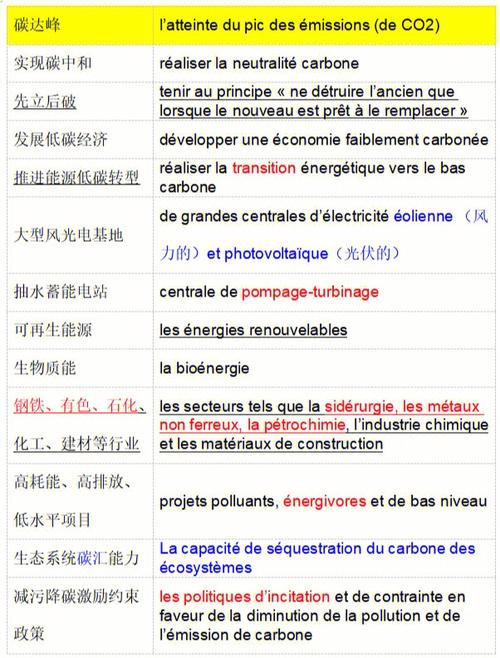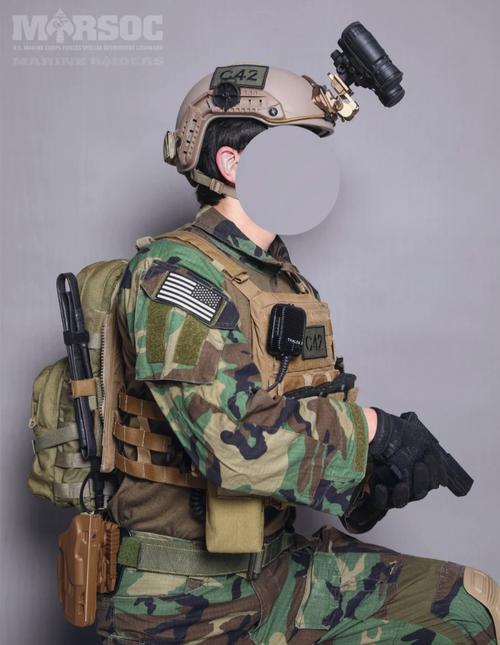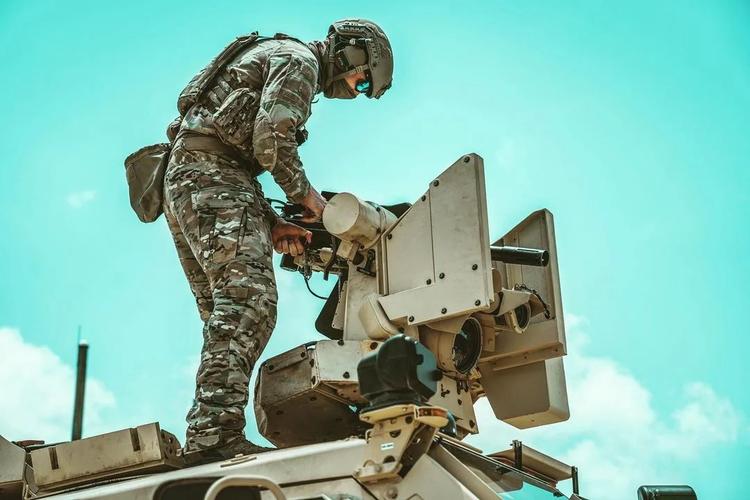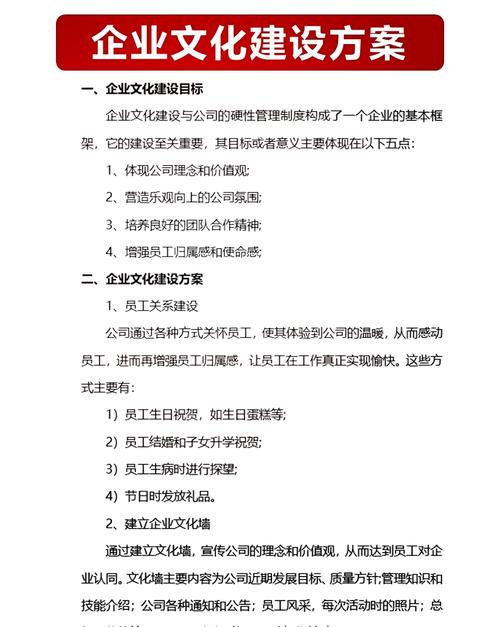美国陆军前线特种部队指挥官的任务和职责非常广泛且复杂,他们主要执行以下几类任务:
1. 直接行动(Direct Action, DA): 直接行动是特种部队最常见的任务类型,包括短时间突袭和其它小规模攻势,以达成具体任务目标,如抓捕、摧毁、占领、开拓、恢复或破坏特定目标。
2. 特种侦察(Special Reconnaissance, SR): 特种侦察任务通常由受过高度训练的军事人员执行,深入敌后进行侦察行动,避免被发现和交火,搜集情报、引导火力打击、评估攻击效果等。
3. 非常规战争(Unconventional Warfare, UW): 非传统战争是指特种部队作为外国势力,支持目标国家的暴乱势力或抵抗力量,对抗目标国家的政府或当权势力,通过游击战、颠覆活动和骚扰破坏等手段达到间接胜利。
4. 外国内部防务(Foreign Internal Defense, FID): 外国内部防务是指帮助外国培训人员对抗实际或潜在的暴乱威胁,通常以间接支援的方式参与,帮助东道国建立和维护安全。
5. 军民关系协调(CivilMilitary Operations, CMO): 军民关系协调旨在通过军事行动最小化民事冲突,最大化民众支持,协调军队与当地政府或非政府组织的关系。
6. 心理战(Psychological Warfare, PSYWAR): 心理战通过传达特定信息影响受众的思想、动机和思维逻辑,以达到影响政府部门、社会组织和个人的行动。
这些任务类型体现了美国特种作战部队的多功能性,他们能够在各种复杂环境中执行任务,以实现国家的军事战略目标。这些任务通常具有保密、隐蔽、高度依赖时间因素、与其他部队联合行动以及高风险等特点
Introduction
The United States Army's Frontline Special Forces Commando Mission is a highly specialized and secretive operation designed to conduct high-risk, high-impact missions in various theaters of war. These elite soldiers are trained to operate independently and are often tasked with missions that require stealth, precision, and a deep understanding of the local terrain and culture. This article delves into the intricacies of a typical Frontline Special Forces Commando Mission, highlighting the training, challenges, and the importance of these missions in modern warfare.
Training and Selection
The journey to becoming a Frontline Special Forces Commando begins with an intense selection process. Only the most physically and mentally fit soldiers are chosen to undergo the rigorous training required for this elite unit. The selection process includes a series of physical and psychological assessments, designed to identify candidates with the necessary resilience and adaptability.
Once selected, soldiers undergo an extensive training program that includes combat skills, survival techniques, language training, and cultural immersion. This training is conducted in various environments, from urban settings to remote wilderness areas, to prepare soldiers for any situation they may encounter on a mission.
Typical Mission Profile

A typical Frontline Special Forces Commando Mission involves a variety of tasks, including reconnaissance, direct action, and unconventional warfare. Here's a breakdown of a typical mission profile:
1. Reconnaissance: The mission often starts with gathering intelligence on enemy positions, movements, and capabilities. This is crucial for planning subsequent operations and ensuring the safety of the soldiers involved.

2. Direct Action: Commandos may be tasked with conducting direct action missions, such as capturing or killing high-value targets, destroying key facilities, or disrupting enemy operations.

3. Unconventional Warfare: In certain regions, the Frontline Special Forces Commandos may work with local resistance groups to conduct unconventional warfare, providing training, supplies, and strategic guidance.
4. Extraction: The mission concludes with the extraction of the soldiers, which must be executed with precision to avoid detection and ensure the safety of the soldiers and any local allies.
Challenges and Risks
Frontline Special Forces Commando Missions are fraught with challenges and risks. Soldiers must navigate complex and often dangerous environments, often under the cover of darkness or in adverse weather conditions. The following are some of the key challenges faced:
1. Physical Demands: The missions require soldiers to be in peak physical condition, capable of enduring long periods of intense activity.
2. Cultural Sensitivity: Understanding and respecting the local culture is crucial for successful operations and maintaining the trust of local populations.

3. Technological Limitations: Commandos often operate in areas where technology is scarce, requiring them to rely on their training and instincts.
4. Psychological Stress: The constant threat of danger and the weight of responsibility can take a toll on soldiers, demanding a high level of mental resilience.

Importance of Special Forces Operations
The role of the Frontline Special Forces Commandos is vital in modern warfare. Their missions are designed to achieve strategic objectives that would be difficult or impossible for conventional forces. Some of the key reasons why these operations are important include:
1. Precision: Special Forces missions are highly targeted, minimizing collateral damage and civilian casualties.

2. Speed: These operations can be executed quickly, disrupting enemy plans and preventing them from achieving their objectives.
3. Flexibility: Special Forces are adaptable, capable of conducting a wide range of missions in various environments.
4. Cultural Understanding: Their ability to work with local populations can be a significant asset in winning hearts and minds.
Conclusion
The United States Army's Frontline Special Forces Commando Mission represents the pinnacle of military expertise and adaptability. These elite soldiers are trained to operate in the most challenging environments, facing risks that few others are willing to take. Their missions are crucial in achieving strategic objectives and protecting the interests of the United States and its allies. The dedication, skill, and courage of these soldiers are a testament to the strength and resilience of the American military.










